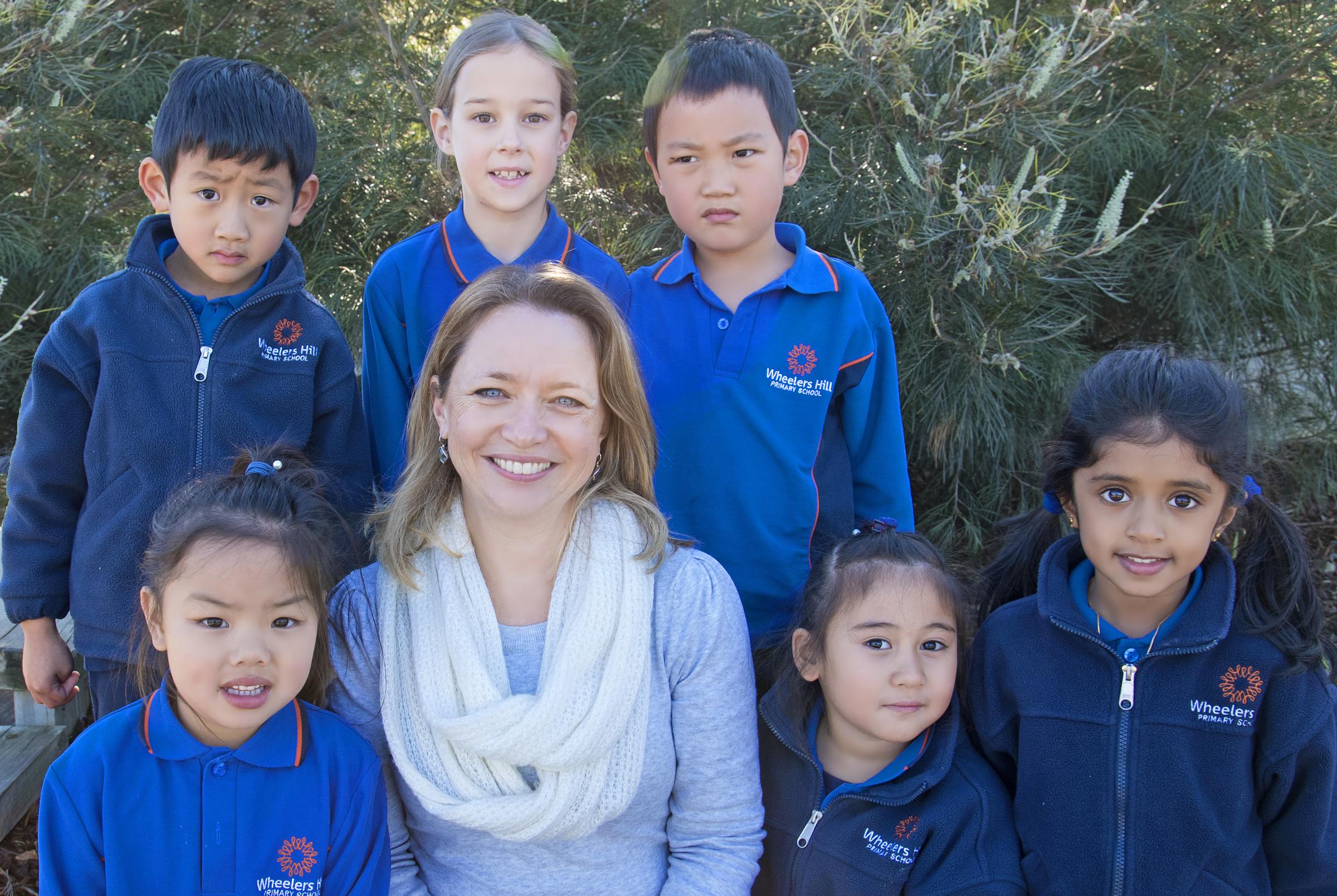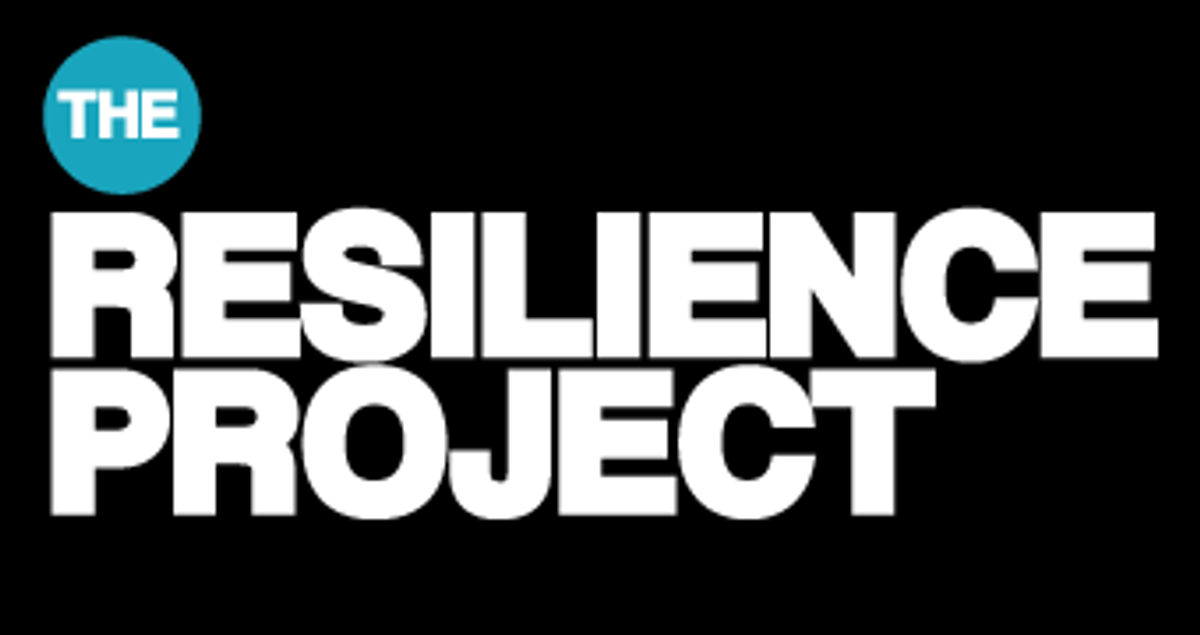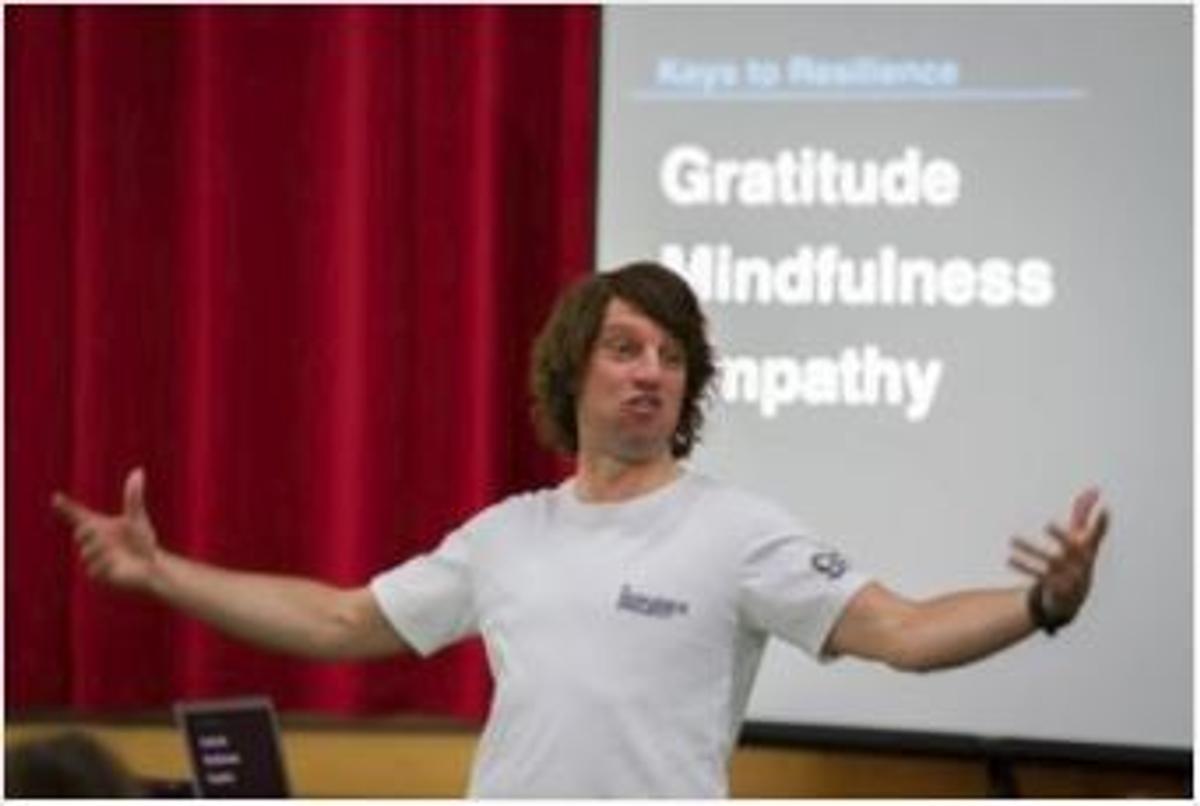Assistant Principal's Report Katrina Spicer - Welfare and Wellbeing

8th February 2019
Resilience Project Parent Information Evening
Wheelers Hill Primary School has been working with The Resilience Project for several years now. The Resilience Project delivers emotionally engaging programs to schools, sports clubs and businesses, providing practical, evidence-based, positive mental health strategies to build resilience and happiness.
The Resilience Project has delivered programs to over 500 schools around the country and worked with many elite sporting teams including the Australian cricket, netball and soccer teams, NRL and AFL clubs.
Through presentations, wellbeing journals, school curriculum, teacher diaries and the Resilience Project app, the aim of the Resilience Project is to seek to help all Australians become mentally healthy.
Martin Heppell from The Resilience Project will present a Parent Information Evening at Wheelers Hill Primary on Wednesday, 27th February from 7.00 – 8.30pm in the hall. This is a free event and all parents are welcome to attend. Please note this is a Parents Only event. No child care will be provided for this event.
Please book via TryBooking: https://www.trybooking.com/467552
Bookings will be open until 3.30pm on Wednesday, 27th February.
Should you wish to find out more about The Resilience Project, click on the following links:
https://theresilienceproject.com.au/
https://www.youtube.com/channel/UCYbrgVRFaU1keBDWp5pIhUw
Settling In
It has been a delight watching the students and teachers begin the 2019 school year. New relationships are being forged, new routines are being established and expectations are being set. Starting school, no matter what year level your child is in, can be challenging. Below is an article by Dr Celeste Merrigan from KidsMatter, regarding settling your child in to school.
Helping your Child to Settle In
by Dr Celeste Merrigan
Many children experience some anxiety during the transition to school but in most cases it dissipates in the first few weeks of term. Here, clinical psychologist Dr Celeste Merrigan looks at how parents and carers can help their child adjust to the school day routine and shows you who to talk to for extra support.
Making a positive start to school is important for children. There is good evidence that a child's readiness for school and a positive transition has a very positive flow-on effect to positive adjustment in the school setting and positives in their academic and social development.
It's equally important to note that many children may feel some anxiety or challenge initially – this is normal and in most instances these challenges will dissipate in the first few weeks. Educators are very skilled at supporting young children and their parents at this time. So if a parent has any concerns, I recommend talking about it with your child's teacher – they will reassure, guide or direct you to an appropriate source of help.
Parents and carers play an important role in supporting children starting school. Children constantly look to their parents as their guide in regard to any new experience. So it is important that parents exhibit a calm, positive and matter-of fact response when a child is starting school. Children are sensitive to their parents’ anxieties, so even though it is normal for a parent to be a little anxious, try to keep this in check, otherwise it can create unnecessary anxiety for a child.
Many parents worry that their child will not be able to cope in a larger playground or eat lunch without prompting. Others are concerned the jump to school and long days will be tiring and that they are handing their children into the care of others.
Remember that going to school is an important life experience filled with opportunities for growth, skill development and fun. Like any new experience there are challenges for both the child and the parents. Schools support children to cope with the playground, ensuring they are safe and they enjoy their snack and lunch. Many schools have modified timetables and practices to assist children to gain confidence and independence in the social aspects of school.
Parents and carers often have competing emotions at this time – joy that their child has reached the milestone of school entry, but maybe also a little sadness or anxiety as they have less time with their child. These feelings pass quickly for most people as they see their child adjusting and they experience time together after school, on weekends and during holidays.
It can be helpful to share these feelings with others and you may then realise they are very normal. If negative feelings persist, speak with a trusted friend and perhaps your GP and they can help you decide if it would be helpful to speak with a mental health professional.
Here are my top tips for parents and carers to help children enjoy the first week of school:
- Embrace the change as it’s an exciting and very positive step for your child and the whole family.
- Be matter-of-fact, calm and reassuring. Try not to talk about school too much as it can create anticipatory anxiety. If the subject comes up incidentally, be positive about it.
- Relax – there is nothing that can’t be managed.
- It’s okay if a problem occurs. In fact, it’s an opportunity to practise problem solving techniques.
Katrina Spicer
Assistant Principal - Welfare and Wellbeing
Parenting Ideas Article
Top Five Strategies to Improve your Parenting this Year
by Michael Grose
The start of the year is a great time for making changes and improvements to the way you raise kids. But it’s difficult to know where to begin.
To assist with the change process we’ve carefully selected five practical strategies that will have a positive impact if acted upon. We’ve organised webinars in the first half of the year to assist you to implement each strategy.
1. Switch on your child’s strengths
Most of us have been conditioned to focus on what kids can’t do. There is a better way. The Positive Psychology movement lead by US-based psychologist Dr. Martin Seligman showed that when we can unearth kids’ strengths we are, in effect, unlocking their true potential for success and happiness. Three elements come together to make a strength and parents need to be mindful of all three: performance (being good at something); energy (feeling good doing it); and high use (choosing to do it).
Professor Lea Waters, author of the wonderful new book The Strength Switch and current President of the International Positive Psychology Association will show you how to focus on kids’ strengths in her
webinar ‘Switching on your child’s strengths‘.
2. Balance kids’ extra-curriculum activities
Alongside social media and news events, being busy is now recognised as a major stressor for many children and young people. The choice of activities to keep kids busy after school hours is mind-boggling.
Having so many options is wonderful but it does place a new set of pressures on parents and kids. The cost of loading kids up with scheduled activities is that many don’t get the chance for free play, or simply ‘vegging out’ on the couch.
Parenting Ideas expert Dr.Jodi Richardson will help you find the right balance of activity for your family in her webinar ‘Balancing extra-curricular activities‘.
3. Focus on friendships
Friendships are an important part of the road to adulthood for a child or young person. Friendships can also be problematic. Not every child is naturally outgoing and makes friends easily. If your child has difficulty forming friendships and is worried by that, then there are many ways to approach this including: encouraging kids to spend one-on-one time with others, making extra-curricular activities fit their interests, and coaching kids to develop friendly behaviours.
The wonderful Sharon Witt will conduct a webinar ‘Teach girls to build each other up‘, focusing on friendship skills especially for parents of girls.
4. Give kids tools to manage anxious moments
Currently we have a childhood anxiety problem. A big one! And it’s mostly undetected as community understanding of anxiety is low. It’s our experience at Parenting Ideas that many parents are anxious and they don’t know it, and many children routinely experience anxiety, which goes unrecognised.
Parenting Ideas founder Michael Grose is conducting a webinar ‘Managing your child’s anxiety‘ to help parents on this challenging but important topic.
5. Develop rights of passage
Community changes have largely eradicated many traditional rights of passage, making it harder for a young person to know when they’ve become an adult.
Fortunately, many families are now creating their own to mark events such as the end of primary school, the move into the teenage years, and mark different stages of adolescence. These traditions are now becoming legitimate rights of passage for young people.
Internationally recognised expert on rites of passage Arne Rubenstein will outline practical ways you can recognise a young person’s important life markers in his webinar ‘Creating 21st century rites of passage‘.
Will anything be different this year?
Change and improvement in anything worthwhile generally comes incrementally rather than in one giant leap. We’ve pointed you in the right parenting to take this year. With our webinars we’ve made it easy to take that vital first step.
Have a great parenting year.





